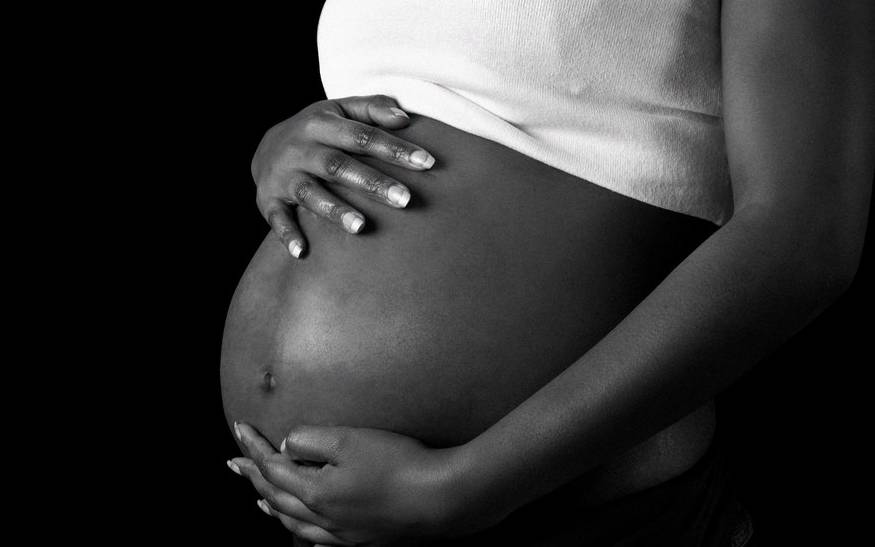×
The Standard e-Paper
Kenya’s Boldest Voice

Reproductive health experts have urged women to conceive frequently as the best bet to beating endometriosis, a leading cause of infertility.
The experts said reduced number of children and infrequency in pregnancies in the country had seen an increase in cases of women with endometriosis.